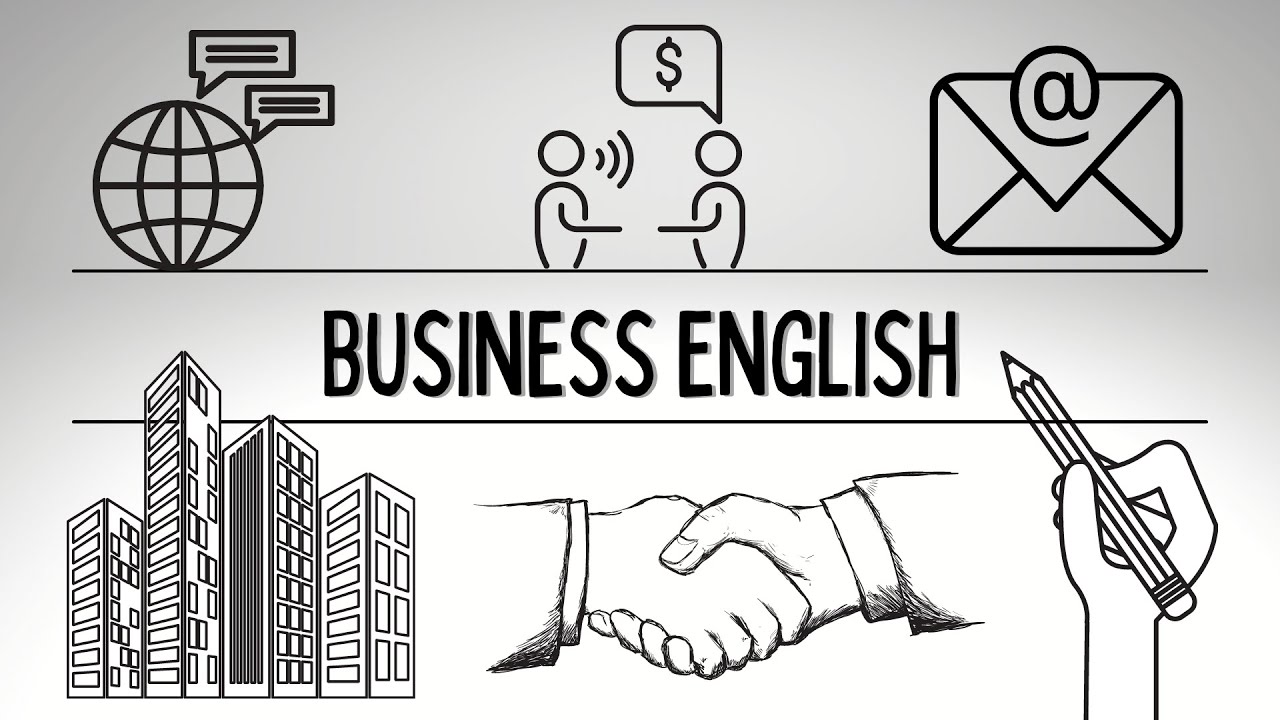
Мета: формування лінгвістичної, дискурсивної і мовленнєвої компетенції майбутнього фахівця туристичної галузі за умови інтегративного підходу до навчання, який включає: системний, когнітивний і термінологічний принципи загальної наукової методології; лінгвістичні методи стилістичного аналізу тексту; синтезу, реферування, інтерпретації тексту; культурологічний підхід до освоєння явищ мови і культури.
Завдання: розвивати пізнавальні і творчі здібності, здатність до абстрактного мислення, висловлювання думки в діловому стилі, навчитися давати теоретичне обґрунтування ідеям, а також працювати з англомовними інформаційними джерелами. Навчання має бути зорієнтоване на практичне застосування здобутих знань у гуманітарній сфері, зокрема в сфері міжнародного туризму. У навчальному процесі реалізуються також виховні і розвиваючі цілі, спрямовані на мотивацію духовного і професійного самовдосконалення, стимуляцію творчості, збагачення світогляду, гармонійний розвиток сильної і успішної особистості майбутнього менеджера туризму.
Змістовий модуль 1. Світ бізнесу. Робочі місця, люди, організації.
Тема 1. What do you do? Word combinations with work, job, career. Types of job and types of work. Ways of working. Nature of work. Working hours. General business vocabulary. Business collocations and idioms. Pay and benefits. Wages, salary and benefits. Grammar for business 1-2. Business talk.
Тема 2. Skills and qualifications. Education and training. Personal skills. Hard and soft skills. Emotional intelligence. The right person. Applying for a job. Selection procedures. People and workplaces. Grammar for business 3-4. Write for business. Using present perfect in the news.
Тема 3. Companies and careers. Company structure. Career paths. Leaving a company. Problems at work. Discrimination. Health and safety. Work-life balance. Stress. Quality of life. Grammar for business 5-6. Business talk: using past tenses to be polite.
Тема 4. Business people and business leaders. Entrepreneurs. Business and businesses. Commerce. Enterprise. Business philosophies. Mass consumption. Wikinomics. Benchmarking. The long tail. Team building. Team players. Stages of team life. Grammar for business 7-8. Regrets and intentions, be / get used to.
Змістовий модуль 2. Усне і письмове ділове спілкування.
Тема 5. Business writing. Staying in touch. Business cards. Email expressions. Beginning and endings. CVs, cover letters and emails. Common types of business letters. Business across cultures. Grammar for business 9-10: future forms; writing a business plan; organising presentations and workshops.
Тема 6. Telephoning. Doing things over the phone. Asking to speak to someone. Voicemail. Getting through. Giving and taking messages, checking information. Making arrangements. Closing the conversation. Phoning again. Grammar for business 11-12: business talk: using the future continuous to be polite; future time expressions.
Тема 7. Meetings. Types of meetings. How was the meeting? The role of the chair; running the meeting. Follow-up. Opening the meeting. Asking for and expressing opinions. Agreement and disagreement. Discussion techniques. Interrupting, referring back, checking understanding, avoiding confrontation. Consensus or compromise? Concluding. Business ethics. Grammar for business 13-14: modals, other ways of making informal suggestions.
Тема 8. Presentations. Types, tools and visual aids of presentations. Key steps of presentations: introductions, main part, closing. Audience interaction. Dealing with questions intercultural aspects. Negotiations. Types and styles of negotiations. Negotiations: win-win. Reaching agreement. Deadlock and mediators. Grammar for business 15-16; responding to other people.
- Учитель: Галина Василенко